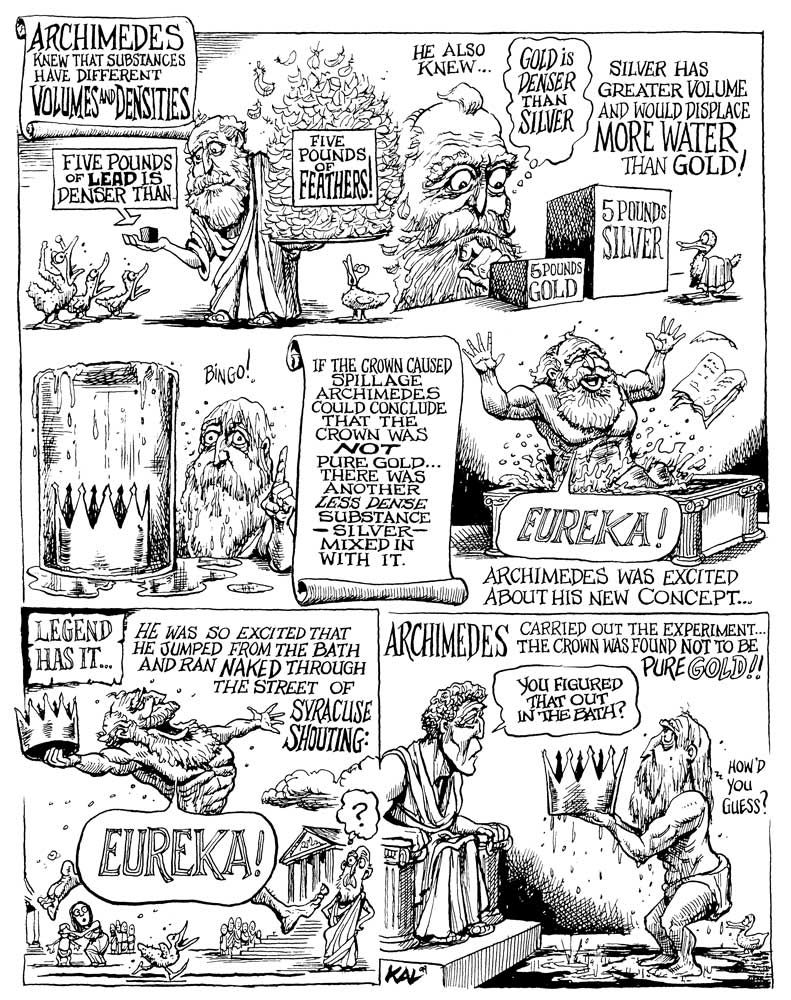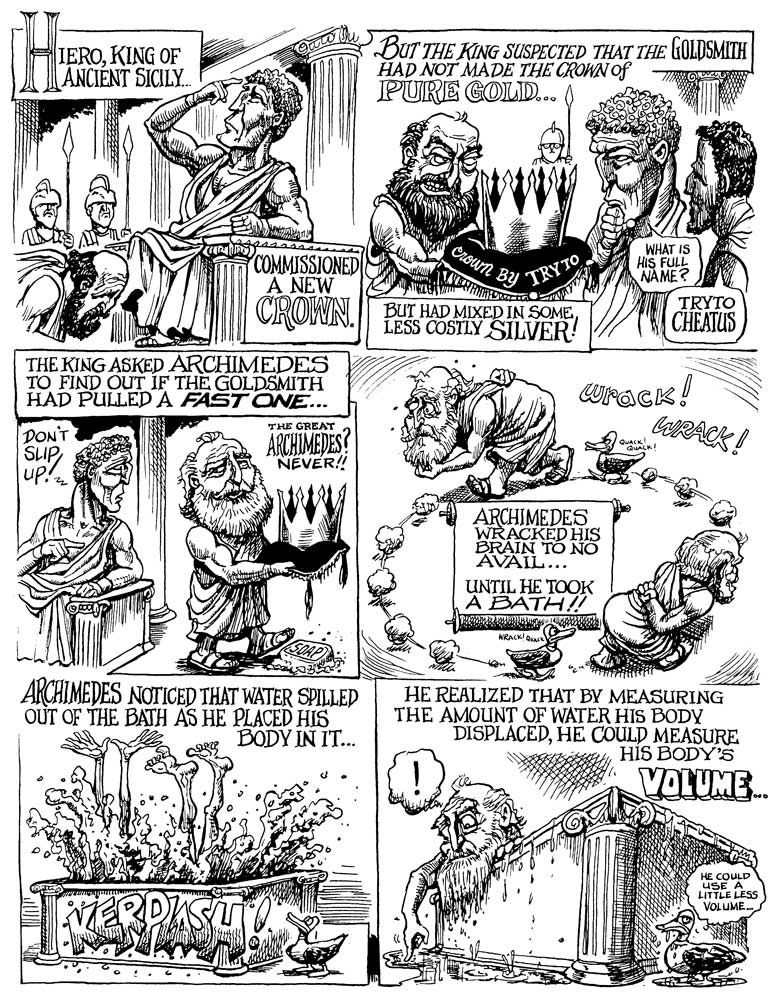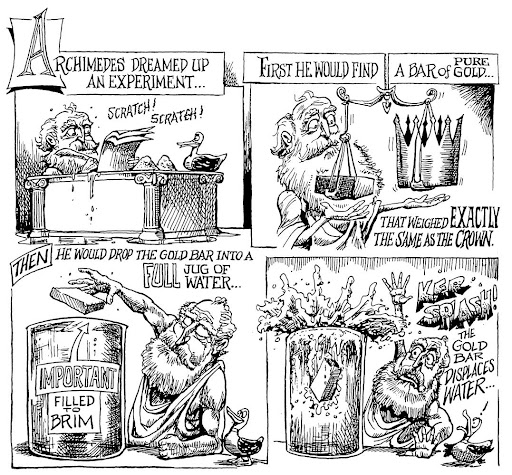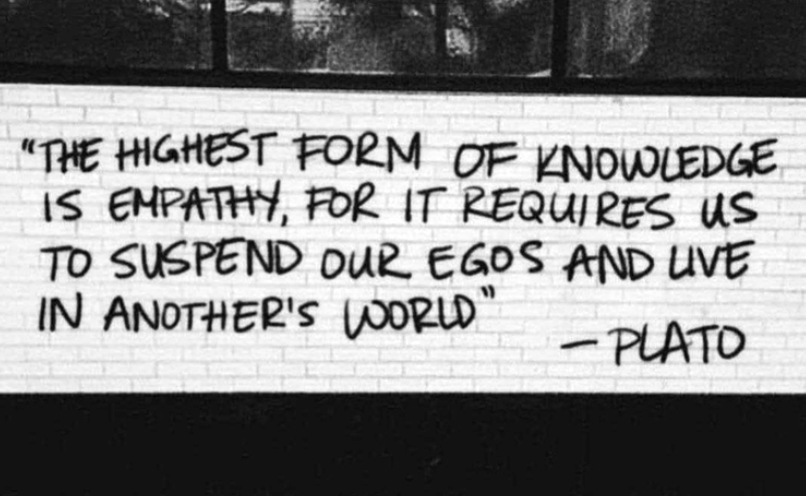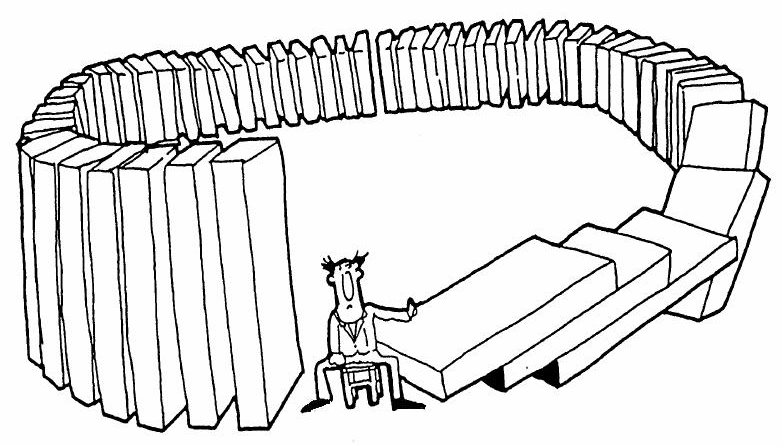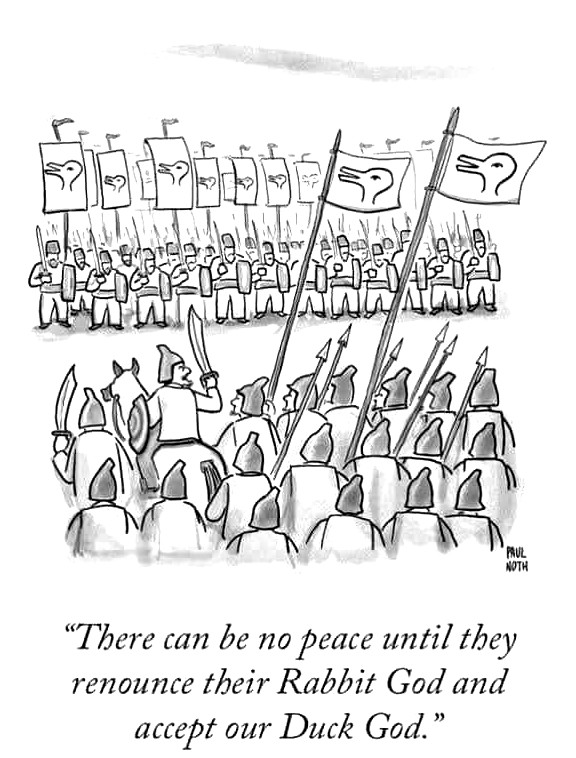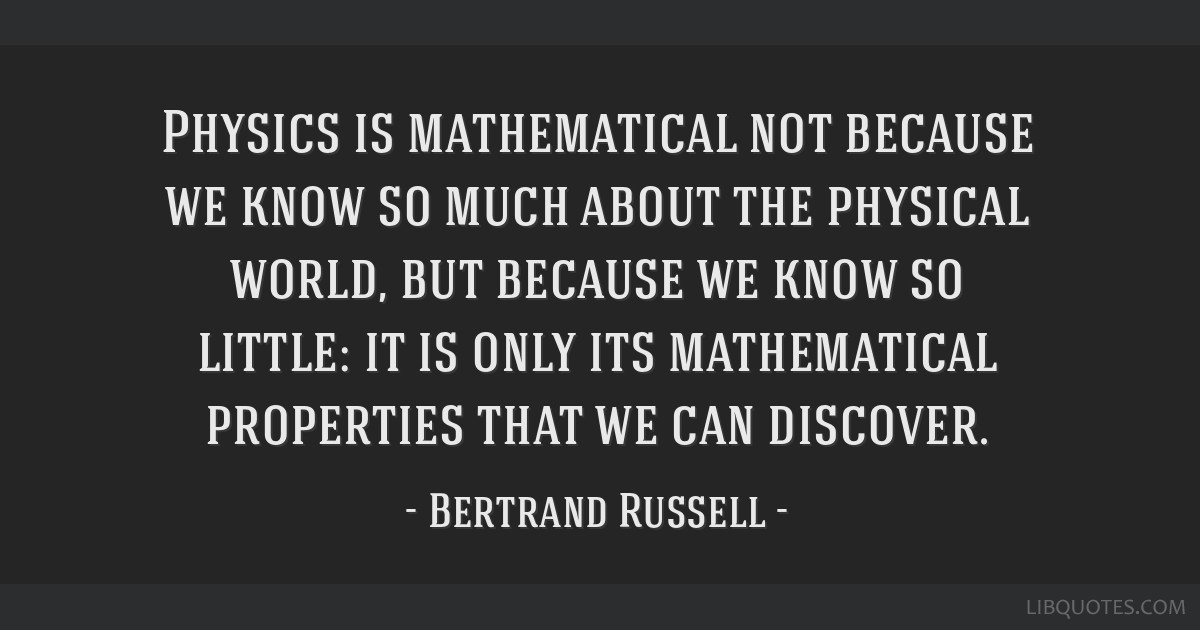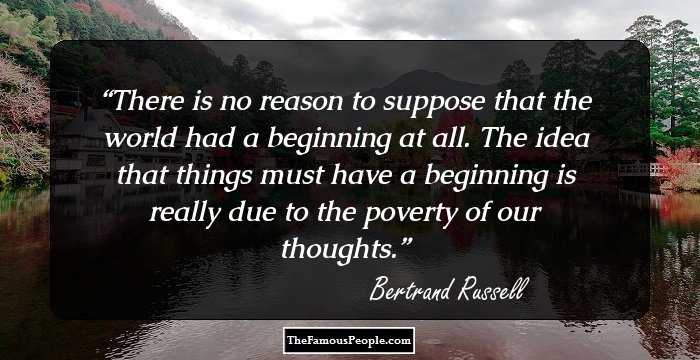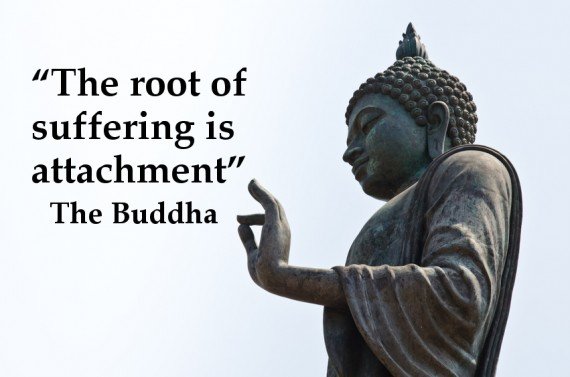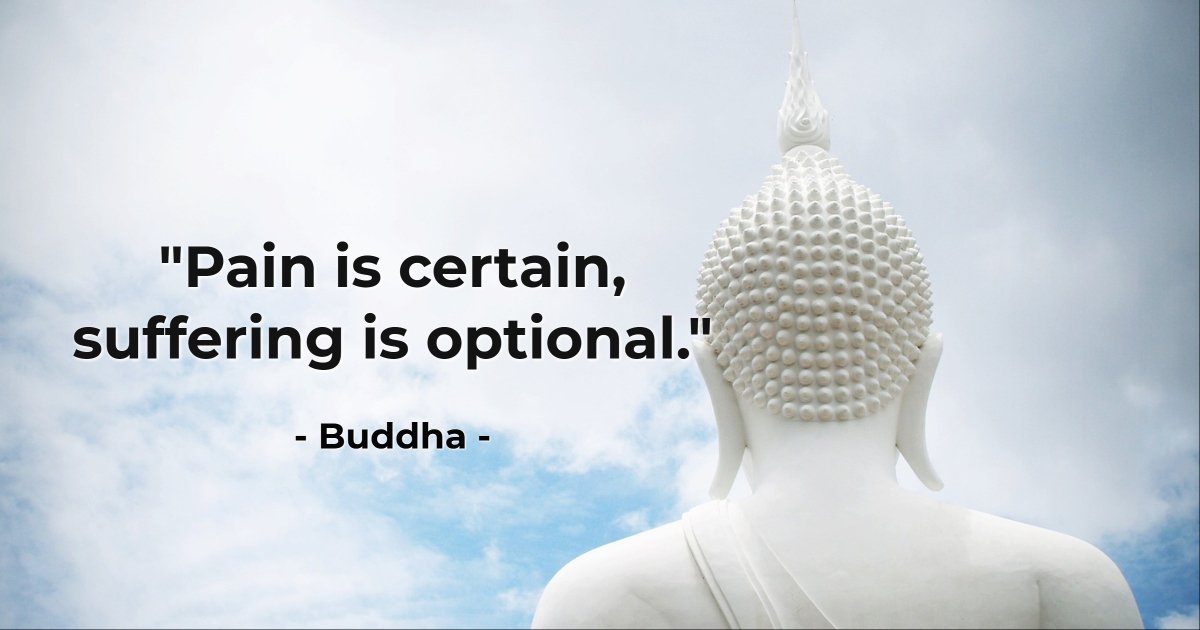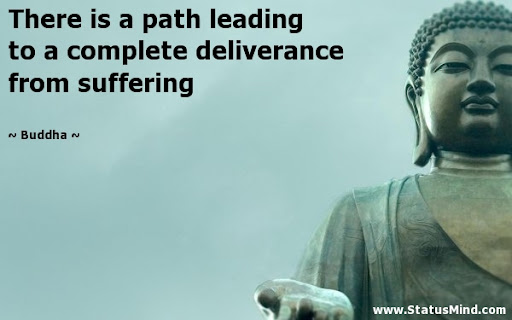tag > Philosophy
-
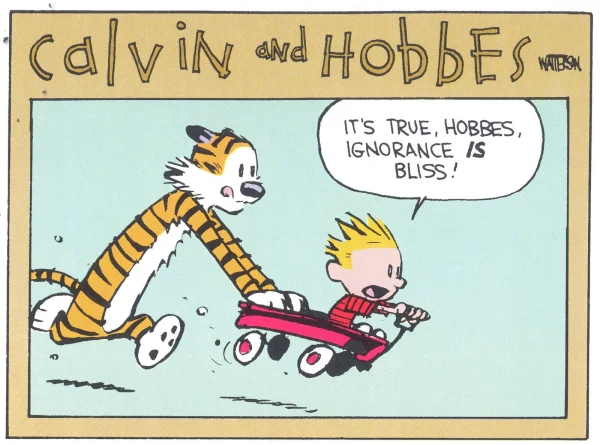


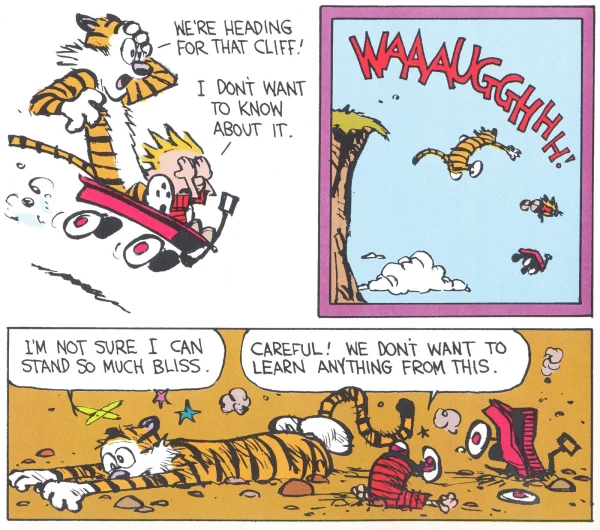
"The more you know, the harder it is to take decisive action"

"A sign of Intelligence is an Awareness of one's own Ignorance." - Niccolo Machiavelli
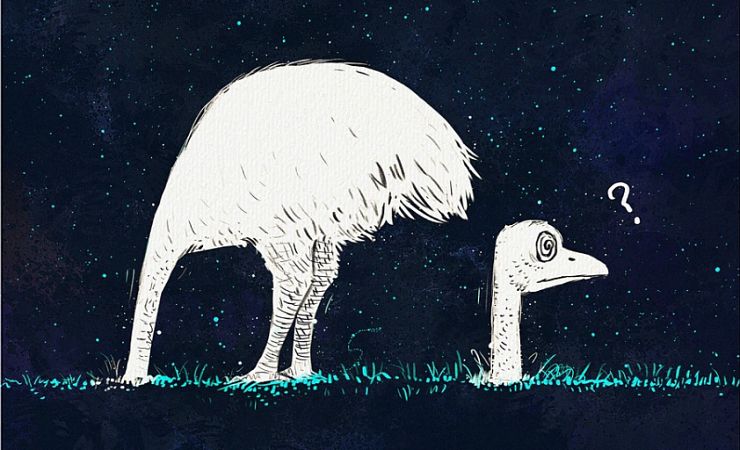

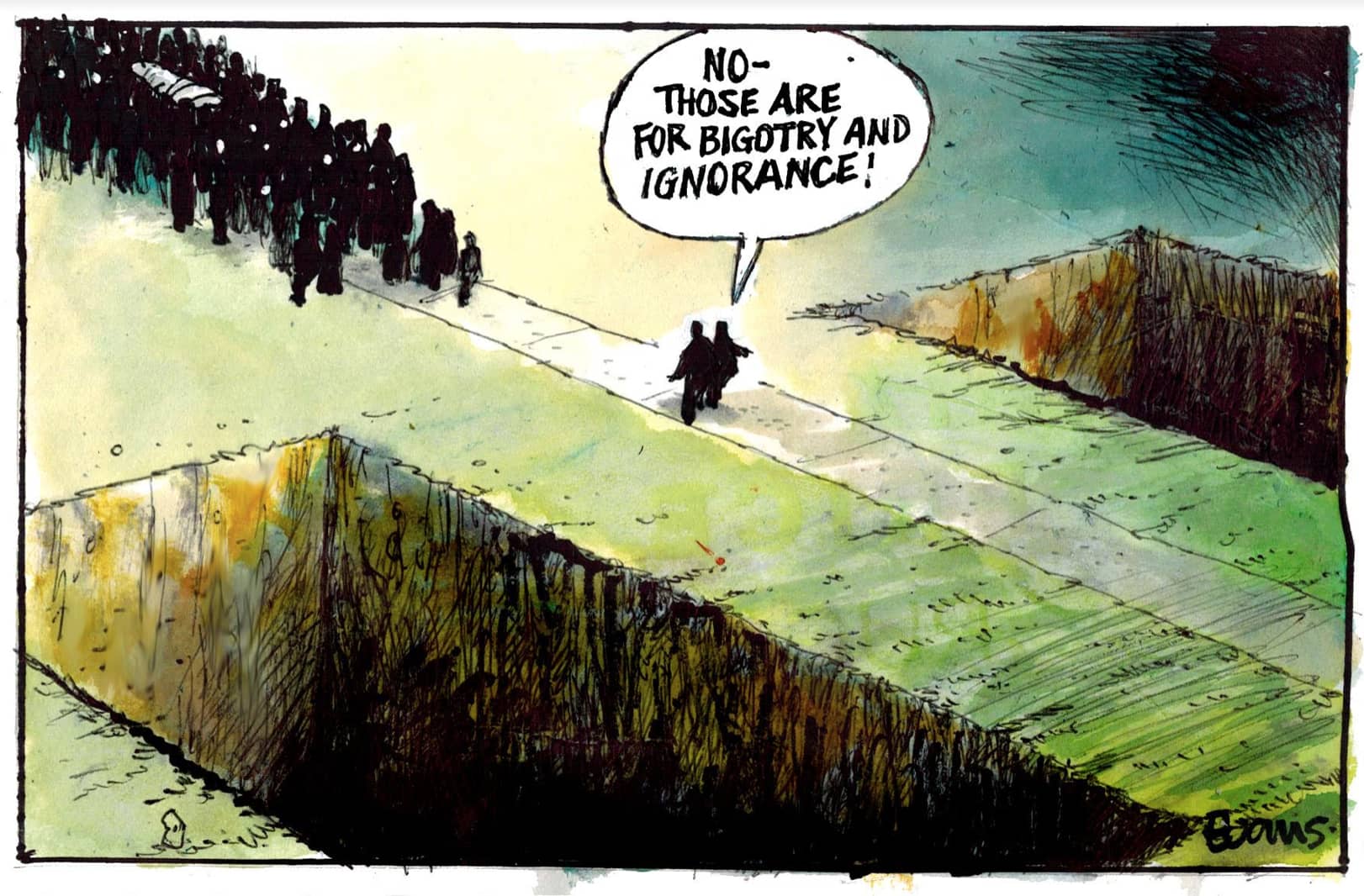
"Real knowledge is to know the extent of one’s ignorance." - Confucius
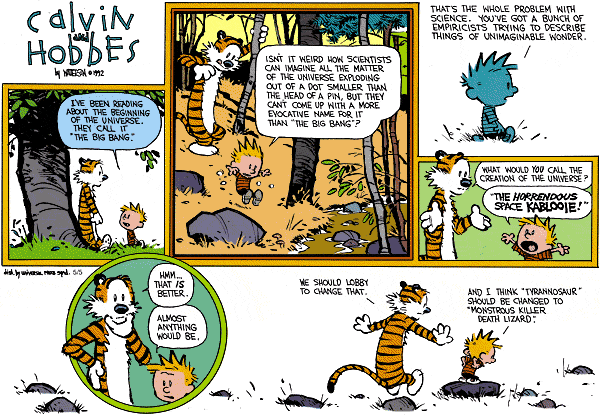
-
The Book of Change - Navigate life with this ancient Chinese book - by Ralph Hammer
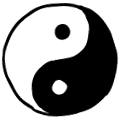
The Yijing 易經 or “Book of Change” is one of China’s oldest books and a corner stone of Chinese philosophy. It tells us how to understand change, how to find out what kind of change we are in right now, and how to deal with it. It is also very strange. Let’s see how it works!
Confucius — Why we need rituals - by Ralph Hammer
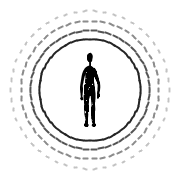
Some people claim that there is no truth. According to these scepticseverybody is stuck in their own personal perspective. Nobody can ever know anything for sure. Then again dogmatists believe in only one set of beliefs, which must not be questioned at all. Everybody must believe the same things, whether they are true or not.
-
“This too shall pass.” — A Persian adage
-
“Do not feel lonely, the entire universe is inside you. Stop acting so small. You are the universe in ecstatic motion. Set your life on fire. Seek those who fan your flames.” - Rumi
-
"The way of the warrior is resolute acceptance of death" - Miyamoto Musashi

-
"A psychotic is a guy who's just found out what's going on" - William S. Burroughs

-
The good does not come from fighting the bad.
-
Abū Mūsā Jābir ibn Ḥayyān (أبو موسى جابر بن حيّان) (c. 806−816)
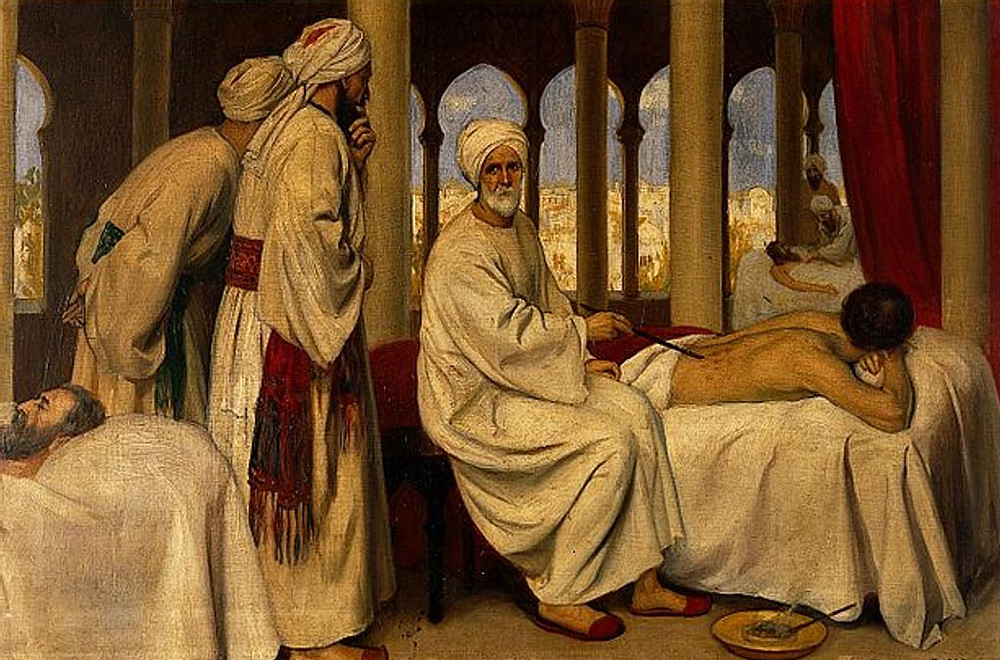
Abū Mūsā Jābir ibn Ḥayyān is the purported author of an enormous number and variety of works in Arabic, often called the Jabirian corpus. The works that survive today mainly deal with alchemy and chemistry, magic, and Shi'ite religious philosophy. However, the original scope of the corpus covered a wide range of topics ranging from cosmology, astronomy and astrology, over medicine, pharmacology, zoology and botany, to metaphysics, logic, and grammar.
Abū Bakr Muḥammad ibn Zakariyyāʾ al-Rāzī (أبو بكر محمد بن زكرياء الرازي) (864 - 935)
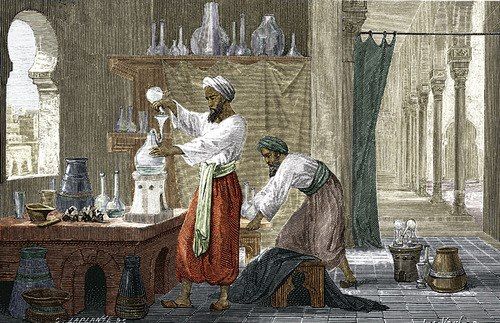
Abū Bakr Muḥammad ibn Zakariyyāʾ al-Rāzī was a Persian physician, philosopher and alchemist, widely considered one of the most important figures in the history of medicine. He also wrote on logic, astronomy and grammar. A comprehensive thinker, al-Razi made fundamental and enduring contributions to various fields, which he recorded in over 200 manuscripts, and is particularly remembered for numerous advances in medicine through his observations and discoveries.
-
Eureka! The Story of Archimedes' Greatest Discovery is deeply misunderstood
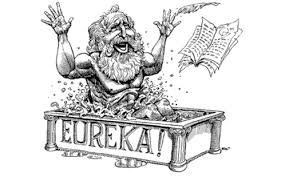
"Archimedes' principle (The buoyant upward force acting on an object is equal to the weight downward force of the displaced fluid) is merely a side-effect of Archimedes true greatest discovery: Great ideas emerge while having a bath. It is not the ideas we should celebrate, but the process that leads to their discovery." - Samim
